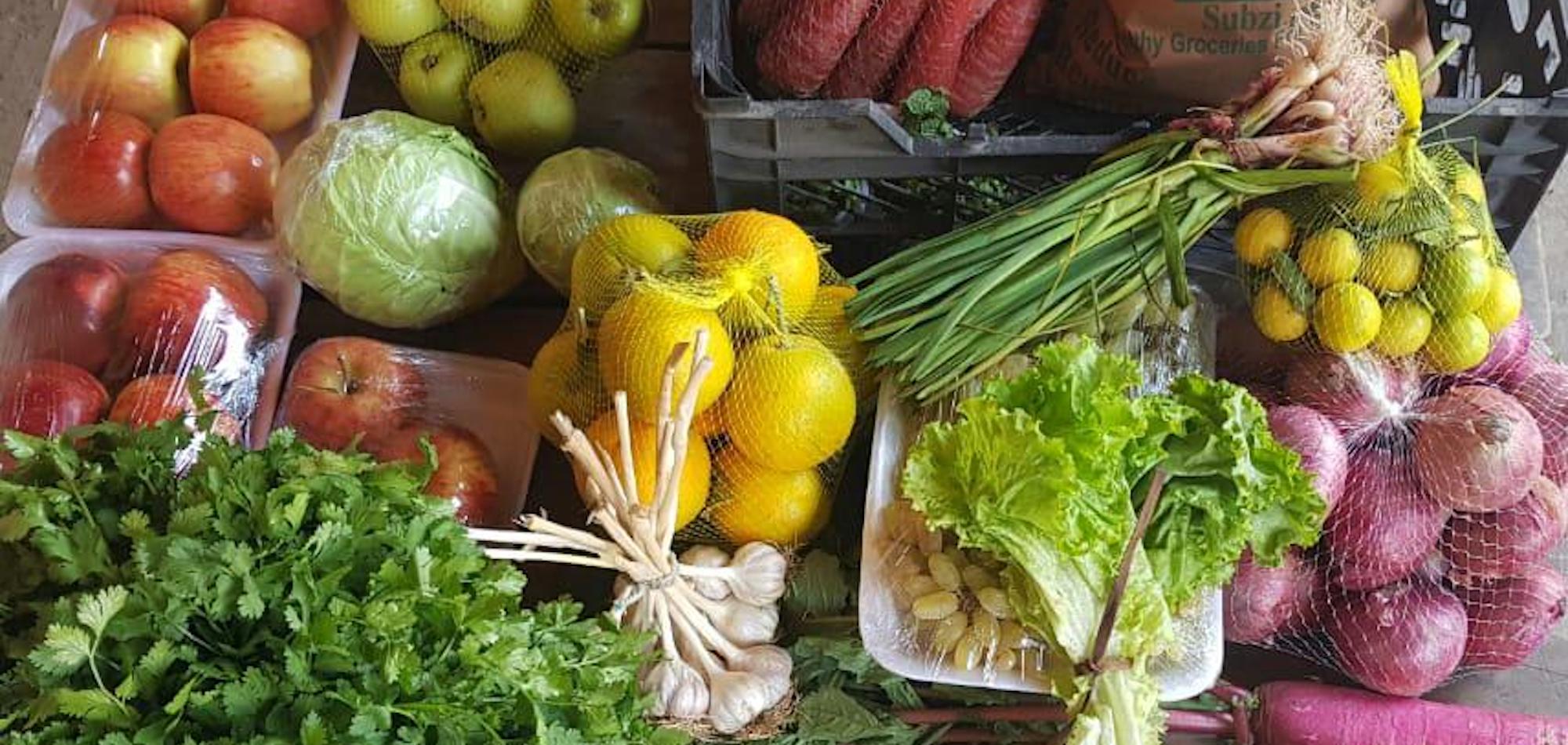Sanjay Chauhan and his co-founder set out to solve a unique problem in the worldwide textile value chain. Approximately 85% of global textile waste is accumulated in India every year. The bulk of this waste is downcycled, incinerated, or dumped in a landfill. While post-consumer and imported textile waste are significant challenges, Sanjay is formalizing the upstream and downstream market with his company Muddle Art, focusing primarily on pre-consumer textile waste (PCT).
PCT waste consists of spinning waste, mill waste, cutting waste, and deadstock. Muddle Art envisions significantly reducing the waste that is being downcycled or ending up in a landfill due to the fragmented and unorganized nature of the value chain. Through their enterprise, the founders are streamlining the supply chain for PCT waste and enabling aggregated input for small recyclers and upcyclers.
Dignified work
While the challenges Muddle Art faces are similar to the other enterprises, textile waste requires more knowledge than other kinds of waste when it comes to sorting, which makes its collectors more vulnerable in a loose system.
Due to the textile supply chain’s informal system, waste workers do not receive fair remuneration for the effort they take in sourcing textile waste. They are often mistreated, because they have no rights or protection as informal employees.
Sanjay’s approach to dignified employment is multifold. Muddle Art is formalizing the smaller unorganized customers by bringing them into a formal supply chain. The company is also empowering women and other marginalized groups with the skills to sort textile waste, which requires a specialized expertise. At their facilities, they provide safe working conditions and fair pay.
“MuddleArt ensures that all our workers are governed by the appropriate labor laws, are remunerated in accordance with fair wage regulations, and [are assured] safe working conditions,” says Sanjay.
Sanjay also mentions that the company’s sorting units can be set up easily across different geographies that have access to textile waste, thus creating more formal employment opportunities and a broader way to manage that waste.
______________________________________________________________________
In their efforts to understand and meet the needs of waste workers, scrap dealers, collection centers, and recyclers, EcoSattva, TrashIn, ReCircle and Muddle Art are gradually sewing up some of the system’s biggest holes by creating secure job opportunities and integrating sustainable solutions with technology, upskilling, and working capital.
By stabilizing and improving working conditions for workers, simplifying the flow of buying and selling materials with technology, tracking impact, and reviving pre-existing infrastructure, these companies are impacting the waste value chain in diverse and innovative ways. By collecting data, they are able to provide evidence that their integrated approach in strengthening the system is reducing carbon emissions, thereby having a domino effect for the better on the environment.
Got a specific social issue or challenge that you want to focus on tackling? Free course Start Your Social Change Journey will help you take the first steps to sustain your social impact efforts and keep your goals on track.
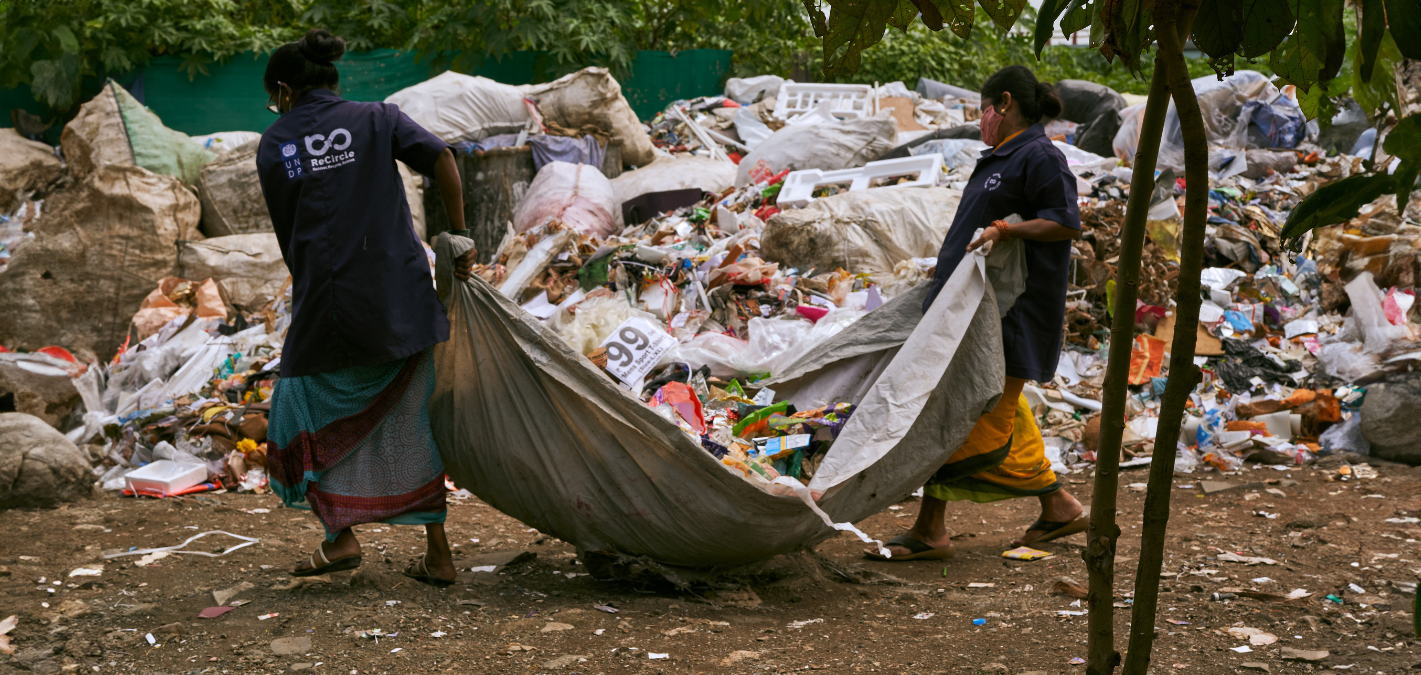
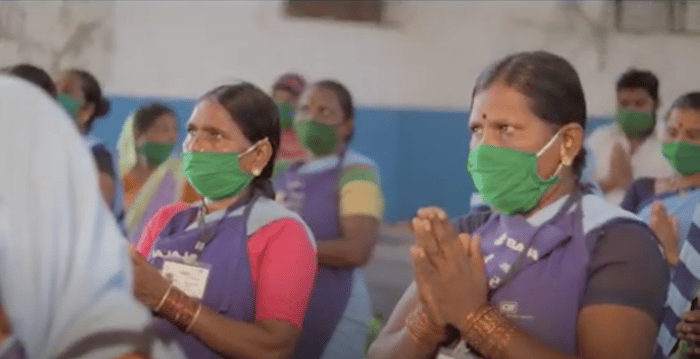
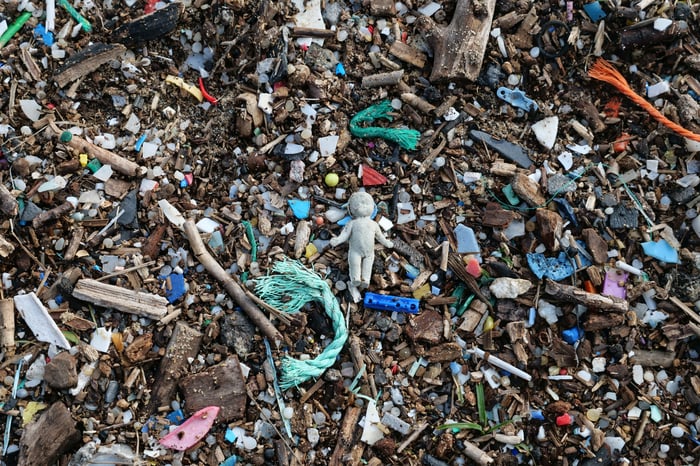
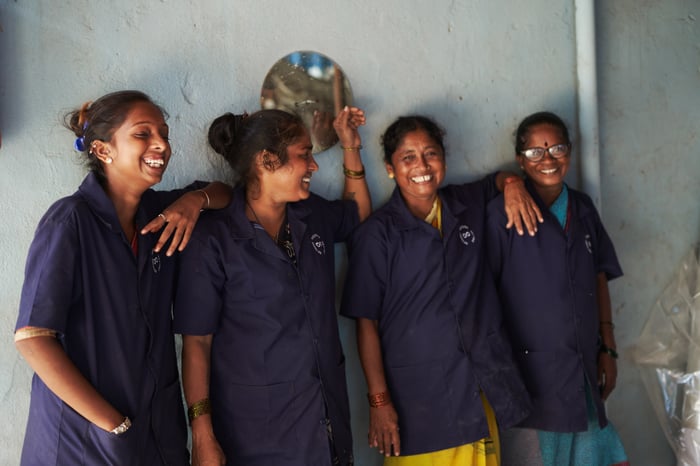
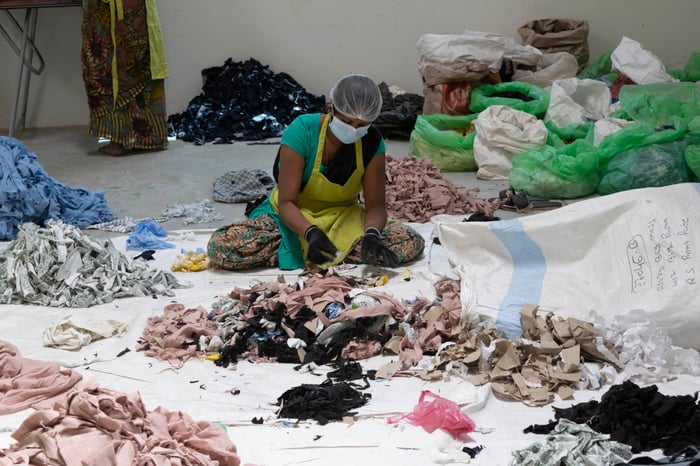


.jpg)
